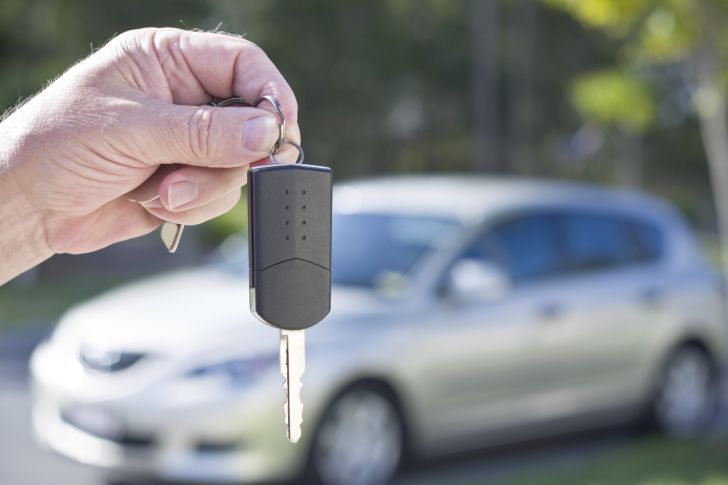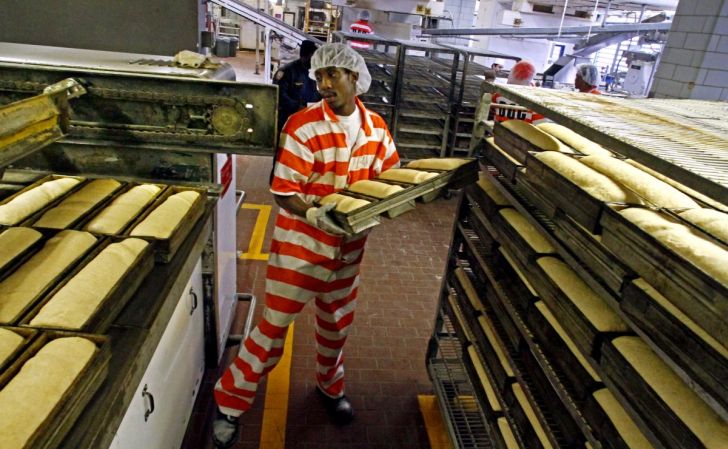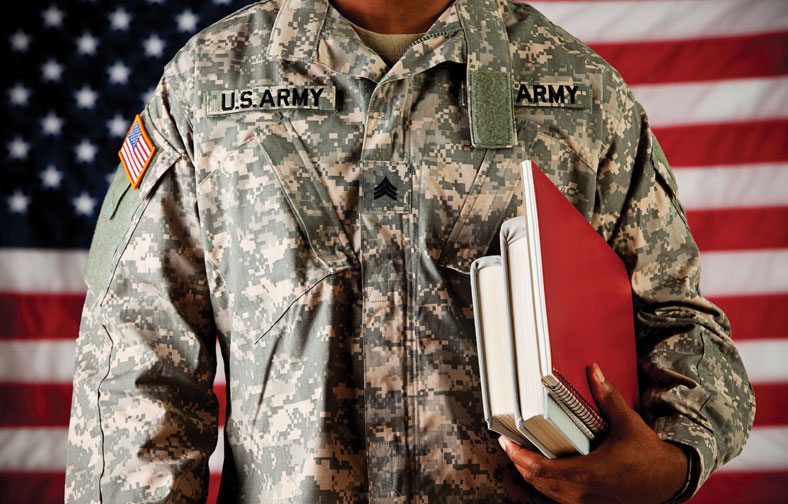Car donation turns into a worthy charity rather than selling used cars. Besides it is meaningful to support a particular program, and the owner can score for a tax deduction. When people are interested in donating a big asset, they need to know the diversity of what, why, and how the process works. They need to find their preferred organizations for car donations by their need. KQED car donation is one of the right places to do it. It is used to support public media and all that it offers.
About the KQED car donation program, it is inseparable from KQED. Most people are familiar with KQED. It is a public media outlet based in San Francisco, California, United States which handles radio stations of KQED and television stations of KQED and KQEH. The KQED car donation program works to help communities in the north of California. They provide free radio, television, and digital media applications with educational programming. The donation then helps the company to keep the business flowing. They use the funds to purchase new programs, pay the bills, and pay their employees.
Benefits of Car Donation
Thus in specific, it is not only the company that can enjoy the profits but so does the car donors. Let it call a win-win situation. On the opposite, every car donors take the advantages of KQED car donation. People will save money while conserving the environment too. Think it further, when the car does mean much in somebody’s life it will turn out to be a junk blocking the garage. Besides, for years later, its price decreases more and more. As the result, people will lose their money more although they did not realize.
Rather than turning it into forgettable thing, the car donors will save more thousands of dollars since it provides tax deduction including in KQED car donation. The amount absolutely will depend on the values of vehicle and money it makes at auction. After receiving the sold letter or receipt, then it can be used for the taxes. In fact, according to data, it becomes more and more popular over past several years. In California itself, the total from car donations reaches $64.2 million in 2015 with charities about $25.5 million or 39.8% of the total. That was fabulous and never useless to try.
How to Donate a Car at KQED Car Donation
Basically, here is how the car donation process works. If you are interested in donating the unused or unwanted car, contact on Toll-Free 1 (866) 573-3123 or fill out the secure Car Donation Form to speak to a KQED car donation representative. Then, they will make a schedule to pick up the vehicle as well as confirmation of the donation. It is done when the car has been sold. If the car donors received more than $500 and they gave Social Security number, they will be sent IRS 1098 C form listing deductible taxes as the new tax laws in effect in 2005 stated.
The IRS that is able to see how much charity should be done depend on the car’s value. However, there is also another case where the car price is less than $500, people cannot claim a charitable contribution to KQED car donation and have no receipt as required by the IRS. In KQED car donation program, the company will give new members with a basic membership to claim a special thank-you gift as a member.
Before donating the car, there are some FAQ related to donation process in KQED car donation. In case of what to donate, the program will accept anything like most cars, trucks, boats, RV’s, motorcycles, off-road vehicles, heavy equipment, and other motorized vehicles. They are available to pick up vehicles in the US within two to three days. The donors will need the title to the vehicle or if do not have, just make a call and the staff will give other arrangements. Whether the car is still running or not, it can be donated except older cars which the value does not offset.
As long as the vehicle has engine and towable, the donors can donate it to KQED car donation. Furthermore, the car value would be determined based on IRS Publication 526. Once valued, an IRS Form 1098-C, contributions of motor vehicles, boats, and airplanes will be mailed to donors within 30 days of the sale. To be noted, there are also states requiring smog certificate for car donation. Besides, other paperwork like lien holder released by bank and DMV are needed vary by state. Contact the state DMV on how DMV car donation notification is made.
Tips at any Car Donation You Attend
Not only in KQED car donation, set the preferred charity goal or program as liking. When in KQED, it is used to support the public media itself, actually, there are more to consider like delivering meals to homebound, taking people like elderly to the doctor, to support and fight cancer, etcetera. To determine what the donor wants, they can contact the United Way, a community college or vocational school to find the one that needs a car donation. Make sure if it is registered and check out how the charity spends the money such as in Charity Navigator and Guidestar.
It helps for own research before donating. Then, it is important for car donors to cut out and avoid middlemen. As you know, that kind of organization keeps 50 to 90 percent of vehicle value for them. If use a middleman, for example, to help in KQED car donation, do not forget to ask the percentage to get from the charity and make a deal. The donor candidates need to find the reputable one along with their availability to accept the donor’s certain donation. Check the benefits to get with a math. People are allowed for an advice of professional to make it sure especially for a tax deduction.
Furthermore, the donors must know the status of the recipient. It must be an IRS-approved 501(c)(3) organization. In case when the donor wants to maximize the benefits of KQED car donation, drop the vehicle off by yourself would be a great idea rather than pay for someone to pick up the car. Last, re-title the car to the charity and report it to the state’s department of motor vehicles or licensing. Do not let the ownership on the paper’s blank. It aims to eliminate the risk of running up parking tickets and all other violations after the donor released his/her vehicle.
Related Articles You Might Like:
- Make a Wish Car Donation
- Goodwill Car Donation
- Salvation Army Car Donation
- Purple Heart Car Donation Review
- Charities that Help with Car Repairs and Donates Cars
- A Guide To Get Free Car Seats For Low Income Families
- Donate Car to Charity California
- Car Grants for Students
References:
- About The KQED Vehicle Donation Program
- How to Donate a Car to Charity
- Are you donating a car to charity? Proceed with caution
- KQED FAQ – http://kqed.careasy.org/FAQ.html
- Image: Soup.io




